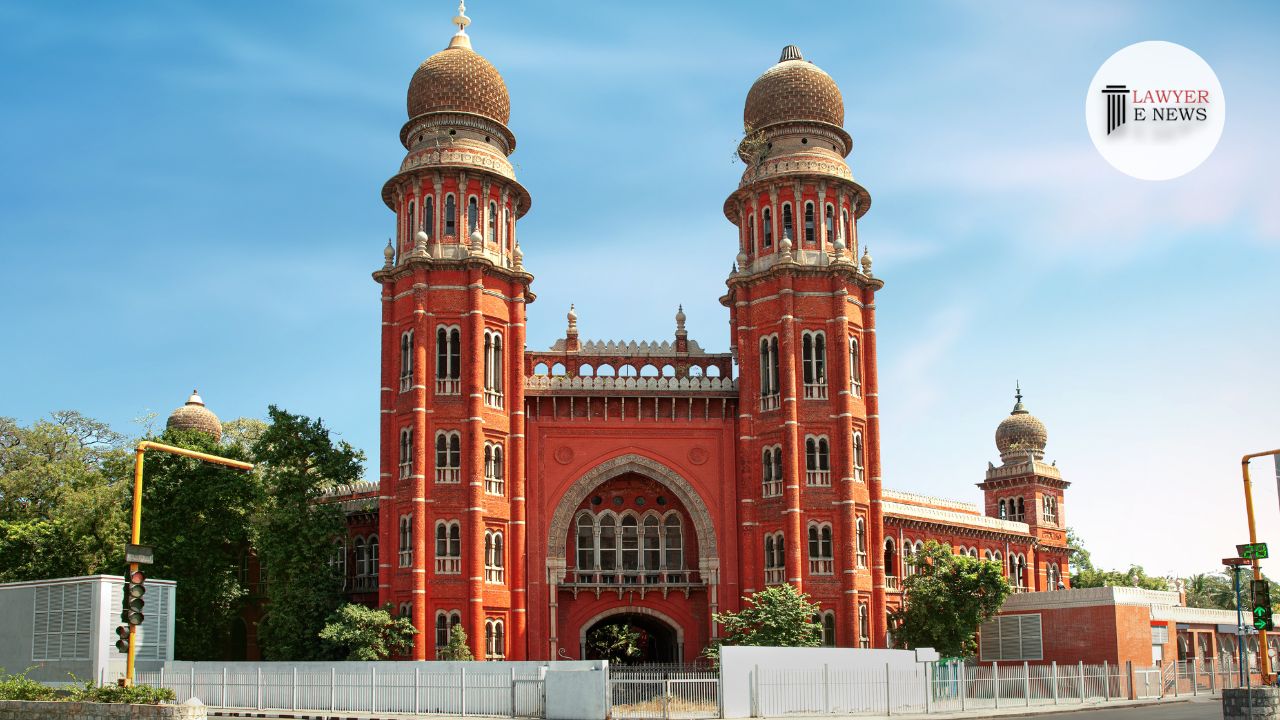-
by Admin
15 February 2026 5:35 AM



In a landmark decision by the Madras High Court, Justice K.K. Ramakrishnan called for immediate and significant action against the rampant illegal sand mining in the state. In his observation, the judge stated, “Extraordinary situations demand extraordinary remedies,” highlighting the urgent need for systemic changes to combat environmental degradation.
The court’s ruling was pronounced on October 11, 2023, after a series of criminal revision cases were presented challenging the denial of the return of vehicles seized by authorities under allegations of illegal sand mining. The vehicles were held under the scrutiny of Sections 379 of the IPC and Section 21(1) of the Mines and Minerals (Development & Regulation) Act, 1957.
Justice Ramakrishnan emphasized the constitutional and statutory duty of the government to protect the environment, as mandated by Articles 51 A and 48 A of the Constitution and the MMDR Act. He pointed out the inefficacy of the current system in dealing with illegal mining and underscored the importance of confiscation proceedings as a deterrent, stating, “The illegal mining is in fact increasing due to the lethargic attitude on the part of the law enforcing authorities.”
The court criticized the slow pace of confiscation proceedings, with data showing that out of 63,542 vehicles seized for illegal mining, proceedings were initiated for only 2,218 and completed for a mere 385. In response, the court has directed the Director General of Police to ensure the initiation of confiscation proceedings within 30 days, and the concerned judicial officers to dispose of these proceedings expeditiously within six months.
Furthermore, the court suggested the establishment of special courts dedicated to handling cases under the Mines and Minerals Act to prevent further environmental damage and effectively implement the law.
Advocates representing various petitioners, along with the Additional Public Prosecutor Mr. T. Senthil Kumar, participated in the proceedings that led to this significant judgment. The court has set a date for reporting compliance, indicating the seriousness with which it views the enforcement of environmental laws and the protection of natural resources.
The High Court’s decision serves as a clarion call for action, stressing that the time for change is now. It reiterates the judiciary’s role in not just interpreting the law but ensuring its execution for the greater good of society and the environment.
Date of Decision: 11.10.2023
Ramar VS The State
